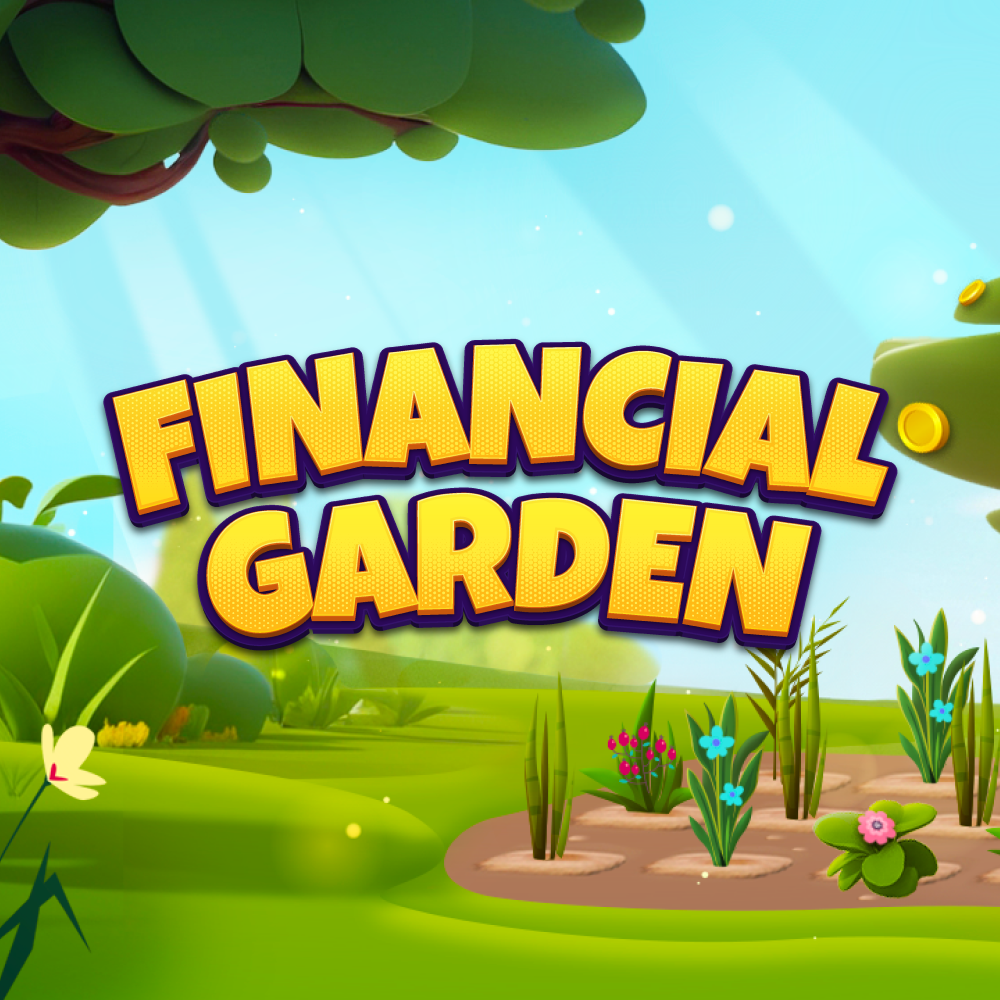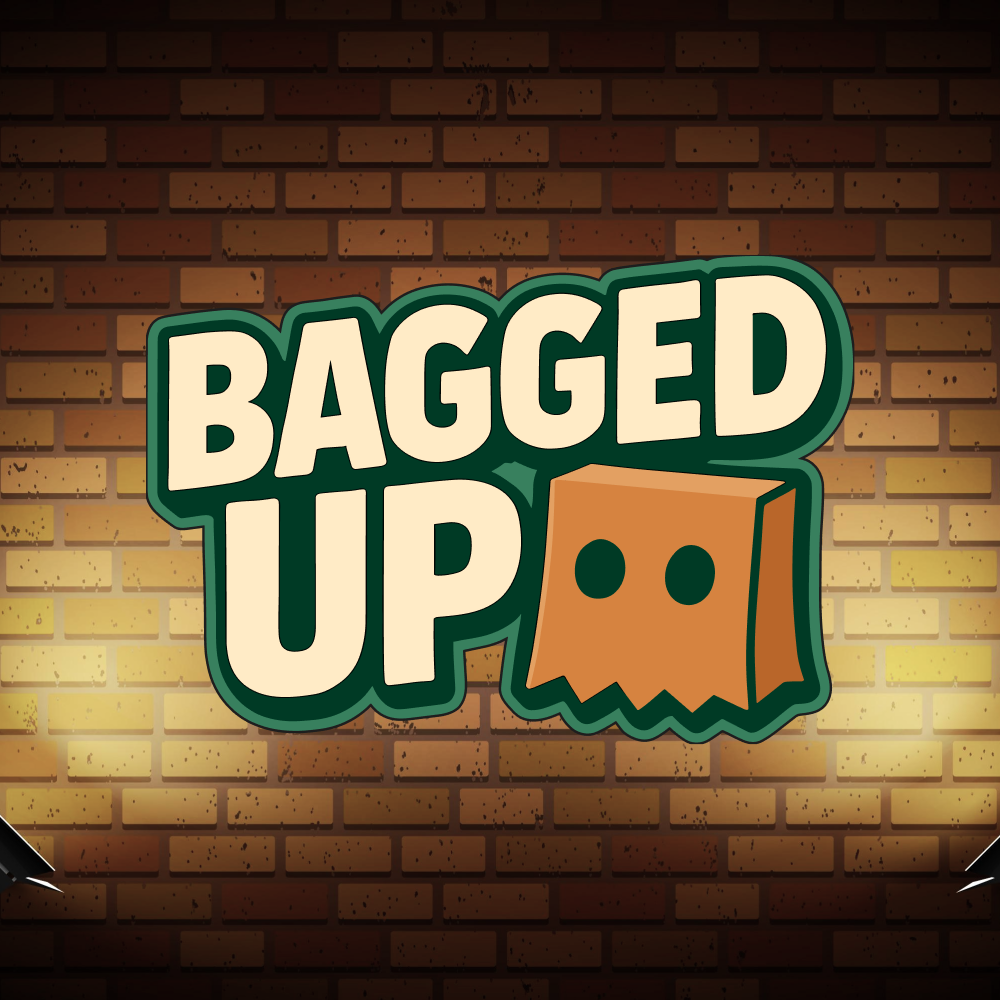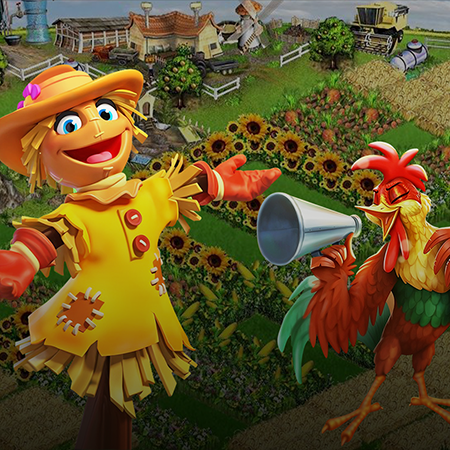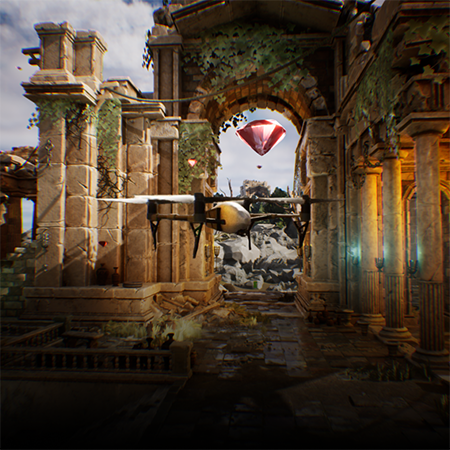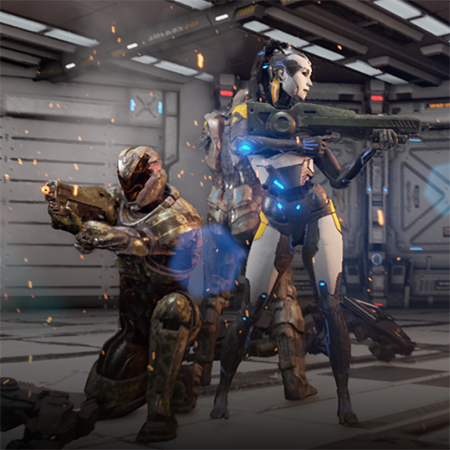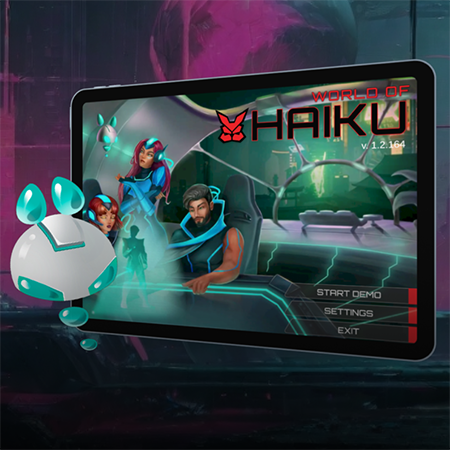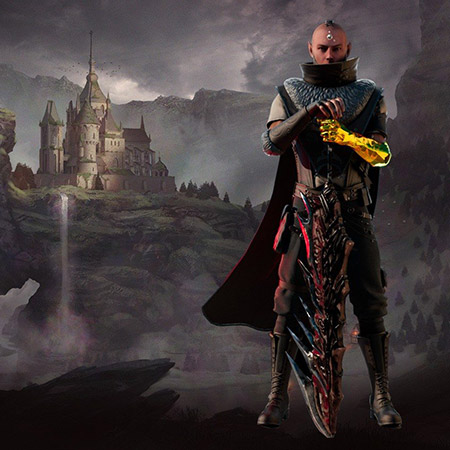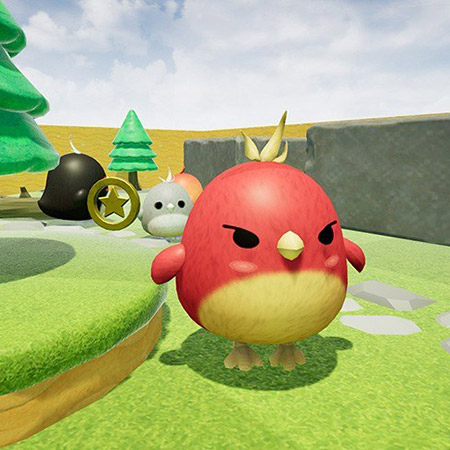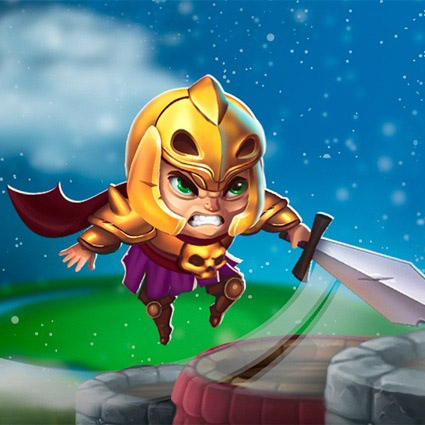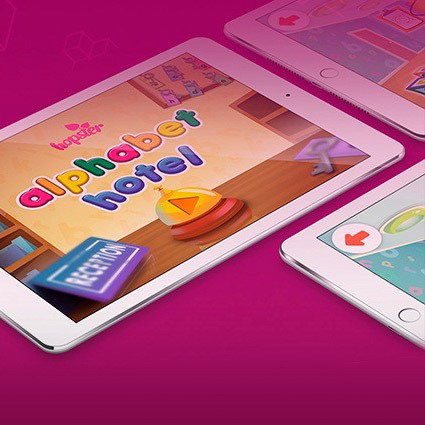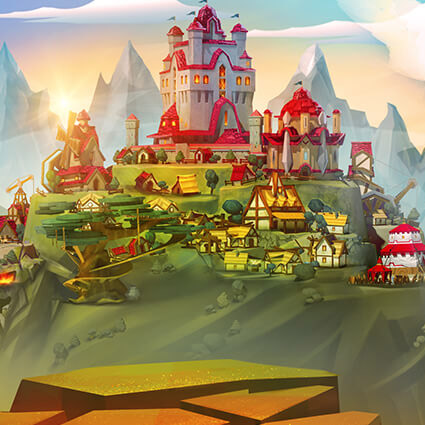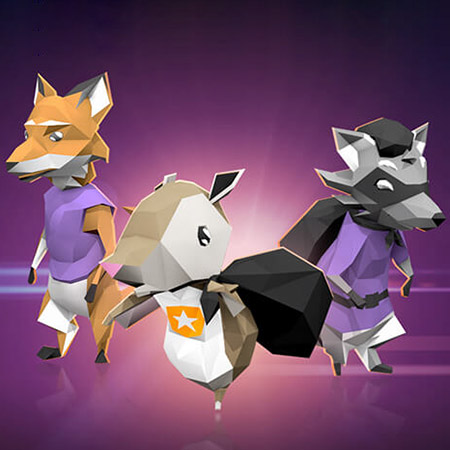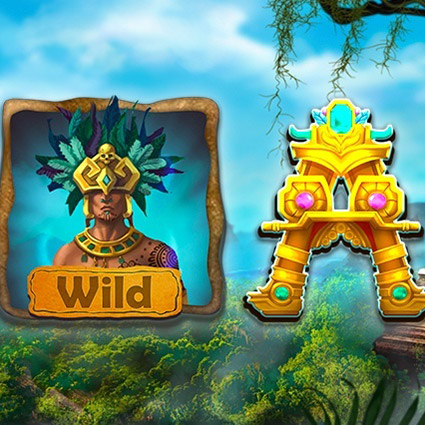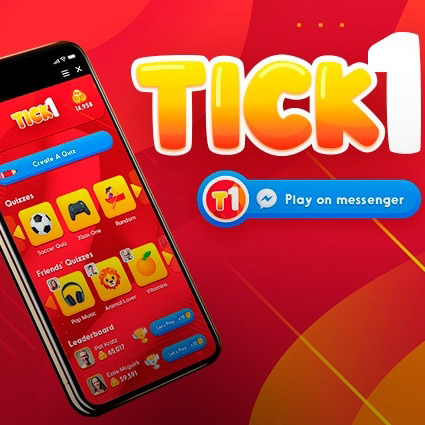Puzzle games have long held a prominent position in the gaming industry, captivating audiences with their intricate challenges and engaging mechanics. Understanding the intricacies of puzzle game development is crucial for businesses aiming to tap into this lucrative market. Recent research indicates that partnering with a game development outsourcing company can significantly streamline the production process, ensuring that the final product is both innovative and market-ready.
This article dives deep into the world of puzzle game creation, offering insights on how to make a puzzle game that stands out in a saturated market. We'll explore the business-oriented strategies that top developers employ, the importance of aligning game mechanics with target demographics, and the benefits of leveraging external expertise.
Take a plunge in to discover the best practices and actionable tips that can propel your puzzle game to commercial success.
The Rising Charm and Increasing Appeal of Puzzle Games
The allure of puzzle games has steadily risen, with casual and dedicated gamers finding solace in their intricate challenges and immersive experiences. One of the driving forces behind this surge is the integration of storytelling in video games. A well-crafted narrative can elevate a simple puzzle game into an enthralling journey, keeping players engaged longer.
Data from Statista highlights the significant increase in video game sales, especially regarding the revenue of titles like Royal Match ($82.62m) and Candy Crush Saga ($76.13m). This surge suggests that many individuals are turning to video gaming, including puzzle games, as a primary source of entertainment.
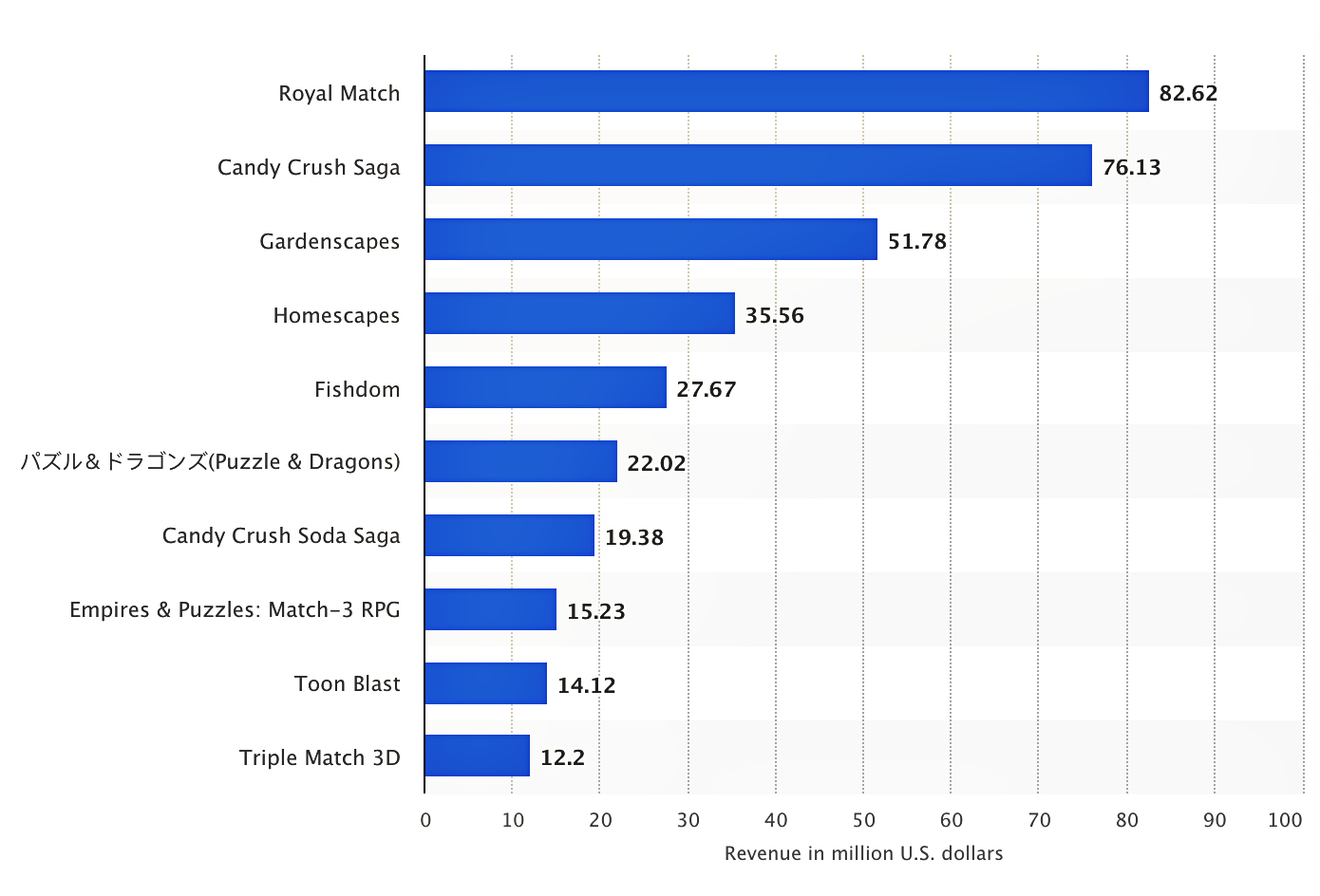
Most popular puzzle gaming apps worldwide in July 2023
For businesses, understanding the dynamics of puzzle game development is essential. Crafting a game that resonates with the target audience requires a blend of captivating storytelling, intuitive mechanics, and innovative design. Businesses should also consider collaborating with experts or outsourcing certain game development aspects to ensure a polished and market-ready product.
Therefore, the increasing appeal of puzzle games, backed by compelling storytelling and innovative development strategies, presents a lucrative opportunity for businesses. By leveraging current market trends and consumer preferences, companies can position themselves at the forefront of this booming industry.
The Psychology Behind Puzzle-Solving
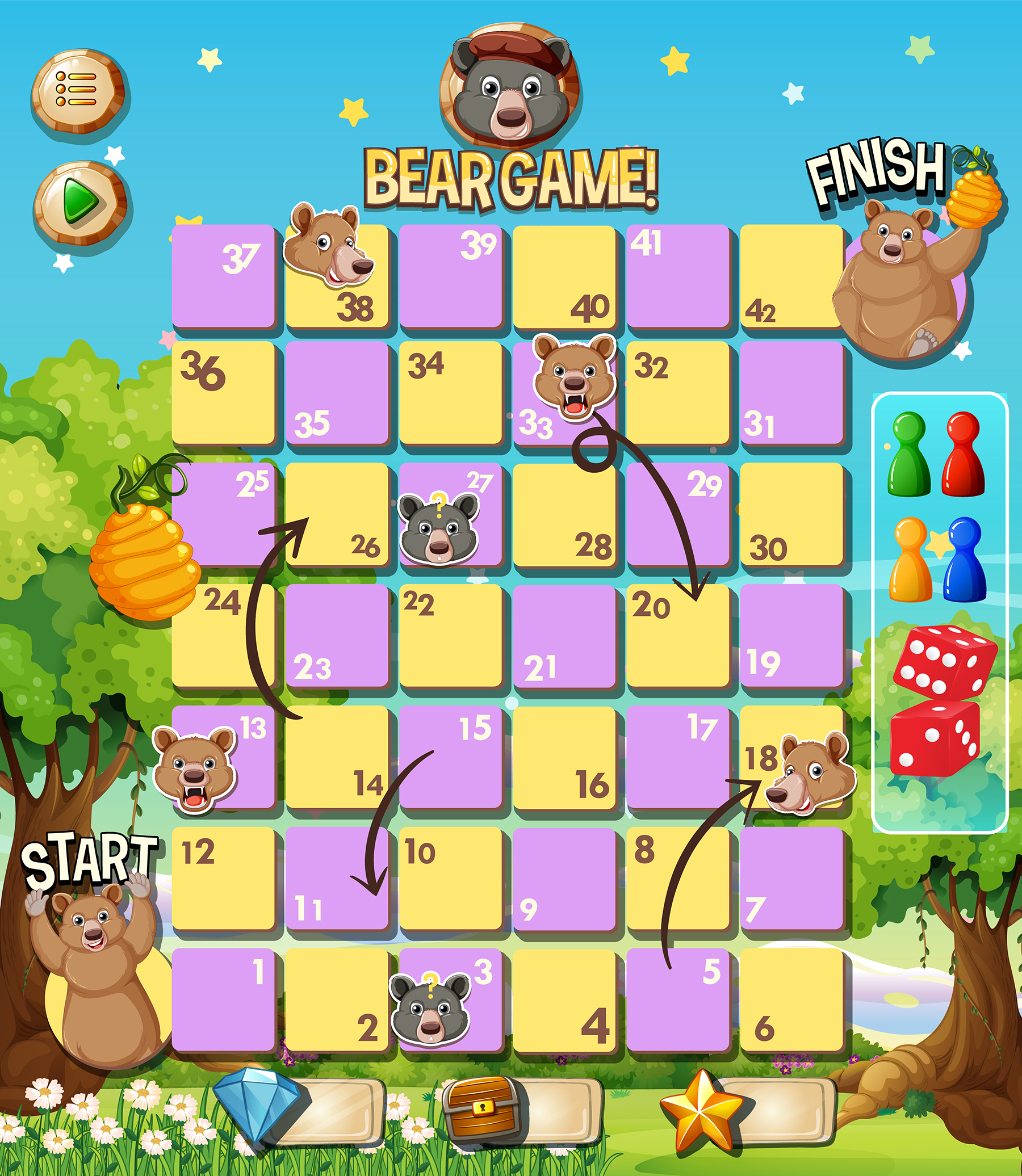
The human mind is innately drawn to challenges, and puzzle-solving is a testament to this attraction. Jumping into the psychology behind puzzle-solving reveals a complex interplay of cognitive functions, emotions, as well as reward systems. Puzzles not only stimulate our brains but also offer a sense of accomplishment upon completion. They engage critical thinking, pattern recognition, and problem-solving skills, providing a mental workout that can be both challenging and therapeutic.
Furthermore, the dopamine release associated with solving puzzles reinforces our desire to tackle them. Now, let's explore the intricate psychological mechanisms that drive our fascination with puzzles, shedding light on why these seemingly simple games hold such profound cognitive appeal.
How puzzles engage your mind
Puzzles have long been recognized for their cognitive benefits, and recent research continues to shed light on how they engage the mind. Recent research points out that problem-solving skills develop based on age and are characterized by minimal brain activity but produce the right solution. Surveys demonstrate the significant roles of semantic ability and mathematical logic in the problem-solving process, indicating that comprehensive problem-solving involves multiple parts of the brain.
Another intriguing study emphasizes the synchronization of brain activity among individuals during collaborative problem-solving. The results indicate that the problem-understanding stage showed a higher level of brain-to-brain synchrony than the problem-solving stage, suggesting that understanding the problem is a more collective cognitive effort.
These and many other studies underscore the intricate cognitive processes activated during puzzle-solving, emphasizing the depth of mental engagement they offer. Whether tackled individually or collaboratively, puzzles serve as a robust tool for cognitive stimulation and development.
The satisfaction of problem-solving
The satisfaction derived from problem-solving is deeply rooted in our cognitive processes and has been a subject of interest in various research studies. Here are some key insights:
Intrinsic motivation. Engaging in problem-solving activities, such as escape rooms, has enhanced non-cognitive skills like collaboration and communication. The motivation to participate often stems from the sheer satisfaction of playing, competing, and the potential of winning rather than any external rewards.
Enhanced cognitive abilities. A study by Hwang-Woo Byun emphasized the significance of problem-solving in nurturing talent. The research highlighted that students who engage in problem-solving processes exhibit improved adaptability, communication skills, and interpersonal abilities.
Therapeutic benefits. Another research focused on the effectiveness of group problem-solving therapy on women's sexual function and satisfaction post-mastectomy surgery. The results indicated an improvement in sexual function and satisfaction after the intervention, suggesting the therapeutic potential of problem-solving activities.
Thus, the act of solving problems not only challenges our cognitive faculties but also offers a profound sense of achievement and satisfaction, making it a valuable tool for both personal and professional development.
Various Types of Puzzle Games
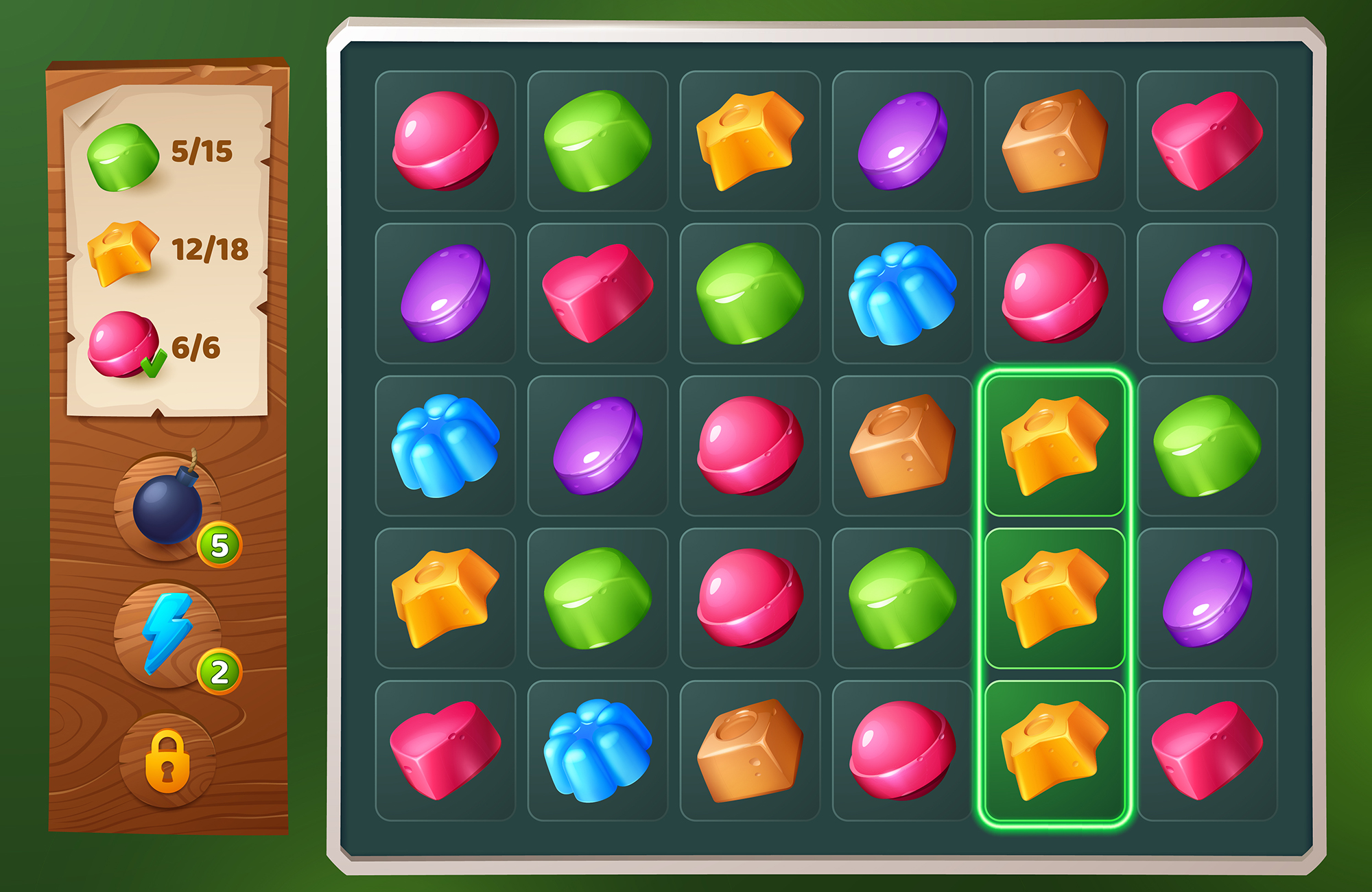
Puzzle games have evolved beyond simple tile-matching or maze navigation. With the integration of 3D character modeling, players now engage with intricate, visually stunning environments, challenging their cognitive skills in unprecedented ways. In the following subsections, we'll discuss the diverse features of various puzzle game types.
Jigsaw Puzzles
- Tiling challenge. Jigsaw puzzles involve assembling irregularly shaped interlocking pieces to form a complete picture.
- Historical roots. Originating in the 18th century, they were initially made by painting on wood and then cutting it.
- Modern materials. Today, they are primarily made of interlocking cardboard pieces with diverse designs.
- Cognitive benefits. They have been used in research to study cognitive abilities in children.
- Three-dimensional evolution. Beyond flat puzzles, 3D versions, including spherical puzzles, have gained popularity.
Sudoku
- Logic-based gameplay. Sudoku is a combinatorial number-placement puzzle where players use logic to fill grids with digits.
- Classic structure. The standard format involves a 9×9 grid divided into nine 3×3 subgrids. Each column, row, and subgrid must contain all digits from 1 to 9.
- Single solution. A well-posed Sudoku puzzle has only one correct solution, ensuring a unique challenge.
- Cognitive benefits. Solving Sudoku puzzles can enhance logical thinking, pattern recognition, and problem-solving skills.
- Variants available. Beyond the classic format, there are numerous Sudoku variations, including 4×4 6×6 grids and those with additional constraints or different symbols.
Crossword Puzzles
- Grid structure. Crosswords consist of a grid with white and black-shaded squares. Players fill the white squares with letters to form words or phrases based on clues provided.
- Directional answers. Words are placed in the grid either from left to right ("across") or from top to bottom ("down").
- Clue variety. Clues can range from straightforward definitions to puns or wordplay. Some clues might also involve abbreviations, foreign languages, or variant spellings.
- Thematic elements. Many crosswords feature a theme, where several long entries in the puzzle share a common element or relationship.
- Global variations. While the basic structure remains consistent, crosswords can vary in design and rules across different countries and publications.
Logic Puzzles
- Mathematical foundation. Logic puzzles derive from the mathematical field of deduction, challenging solvers to draw conclusions based on given premises.
- Historical origins. The logic puzzle was first introduced by Charles Lutwidge Dodgson, better known as Lewis Carroll, the author of Alice's Adventures in Wonderland.
- Variety of forms. Logic puzzles can be verbal or non-verbal. Examples include, nonograms and logic mazes.
- Logic grid puzzles. These puzzles present a scenario and a set of clues. Solvers use a matrix to deduce the solution, often involving categorization or sequencing of items.
- Famous examples. The Zebra Puzzle, also known as Who Owned the Zebra? is a renowned logic-grid puzzle widely circulated and discussed.
Tile-Matching Games
- Core mechanic. Players manipulate tiles to make them disappear based on a matching criterion, often requiring a set number of identical tiles to adjoin.
- Origins and evolution. Rooted in 1980s puzzle games like Tetris and Chain Shot!, the genre gained immense popularity with games like Bejeweled in the 2000s.
- Pattern recognition. The primary challenge lies in identifying patterns within a seemingly chaotic board.
- Variations and mechanics. While many are turn-based, some introduce time pressure, shooting, or hand-eye coordination elements.
- Modern popularity. Games like Candy Crush Saga have modernized the genre with level-based challenges and move restrictions, making them ideal for mobile gaming.
The Step-by-Step Puzzle Game Development Process
Have you ever wondered how long it takes to make a mobile game? The development of a puzzle game, like any other mobile game, is a comprehensive journey that involves several crucial steps:
1. Conceptualization. Developers brainstorm to finalize the core concept, deciding on puzzle types, themes, and unique selling points.
2. Design and artwork. Artists create visual assets, including character designs, game boards, tiles, and animations, ensuring the game's visual appeal.
3. Game mechanics development. Coders establish the rules, determining puzzle solutions, scoring systems, difficulty levels, and special features.
4. Prototyping. A basic version, or prototype, is created for testing game mechanics and making adjustments.
5. User interface design. A user-friendly interface is crafted, encompassing menus, scoreboards, and user prompts for easy navigation.
6. Testing and quality assurance. Rigorous testing ensures the game is bug-free and runs smoothly across devices.
7. Feedback and iteration. Early versions are released to select groups for feedback, leading to final tweaks for enhanced gameplay.
8. Launch and marketing. The polished game is launched on platforms, supported by a robust marketing strategy to reach its audience.
9. Post-launch support. Developers provide ongoing support, addressing bugs and potentially adding new content based on player feedback.
As a result, creating a puzzle game is a meticulous process, blending creativity, technical expertise, and continuous refinement to ensure an engaging player experience.
Challenges and Pitfalls of Building Puzzle Games
Building puzzle games comes with its own challenges and pitfalls. One of the primary challenges is striking a balance between difficulty and accessibility. Developers must ensure their game is challenging to engage seasoned players yet simple enough to alienate beginners. This balance is crucial for retaining a broad player base and ensuring the game's longevity.
Originality is another significant challenge. The market is saturated with numerous puzzle games, and creating a game that stands out requires innovation and a fresh approach. Developers must avoid the pitfall of merely replicating popular games, as this can lead to their game being lost in the crowd. Instead, they should focus on introducing unique mechanics or themes that can differentiate their game from others.
Monetization is a delicate issue in the puzzle game industry. While developers need to generate revenue, aggressive monetization strategies, such as intrusive ads or pay-to-win mechanics, can deter players. Striking the right balance, where players feel they receive value for their money without feeling forced into purchases, is essential.
Overall, post-launch support is a challenge that many developers underestimate. Players expect regular updates, bug fixes, and new content to keep the game fresh and engaging. Neglecting this aspect can lead to dwindling player numbers and negative reviews.
Finally, while building puzzle games offers the potential for success and player engagement, developers must navigate various challenges and pitfalls. They can increase their chances of creating a successful and enduring game by focusing on originality, balanced monetization, and robust post-launch support.
Partner up with a pro puzzle game development company.
The Most Vivid Puzzle Game Examples
Puzzle games have long enchanted players with their blend of mental stimulation and captivating gameplay. From timeless classics to innovative modern creations, the genre offers diverse experiences. In this section, we'll explore some standout examples that have genuinely defined and elevated the world of puzzle gaming.
Portal 2
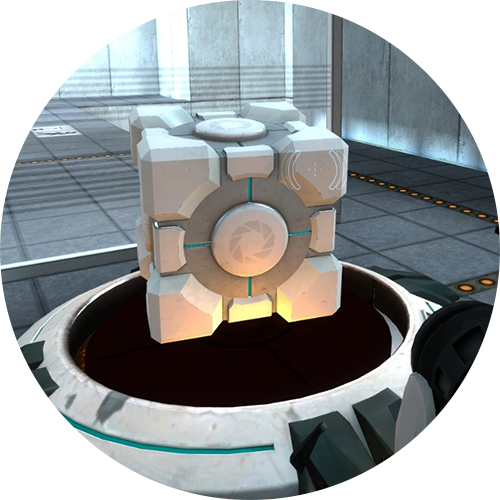
Portal 2 stands as a testament to the potential of puzzle games, blending intricate challenges with a compelling narrative. Developed by Valve, this sequel elevates the genre by introducing players to a world where physics and wit intertwine. The game's core mechanic revolves around the Portal Gun, allowing players to create inter-dimensional gateways, leading to mind-bending spatial puzzles.
The story is enriched by well-written characters, notably the hilariously sinister GLaDOS and the bumbling robot Wheatley. The game's environments, from the decaying Aperture Science facility to its retro 1960s version, are meticulously crafted, offering players a visually stunning and mentally stimulating experience. Portal 2's brilliance lies in its challenging puzzles and its ability to weave humor, story, and gameplay into a cohesive and unforgettable experience.
The Witness
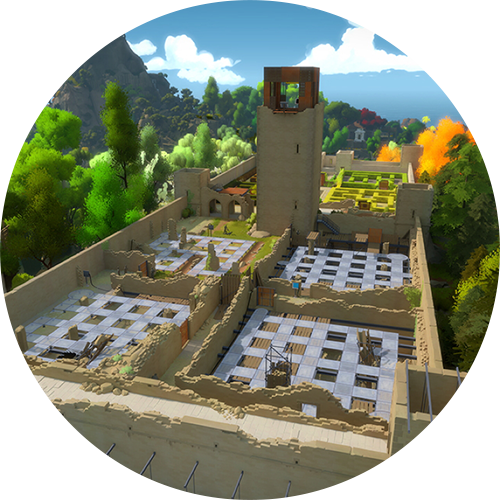
The Witness, developed by Thekla Inc, is a mesmerizing puzzle game set on a lush, mysterious island. This game challenges players with over 600 maze puzzles, each intricately designed to test one's observational and logical skills. The island itself is a blend of diverse environments and architectural wonders, from Japanese temples to rusting shipwrecks. As players progress, they'll notice the game's subtle interplay between the puzzles and the surrounding environment, often requiring keen observation of the world to solve the enigmas.
The game's silent teaching approach, devoid of any overt instructions, encourages players to think, experiment, and learn organically. Jonathan Blow's creation is not just a game but an artistic experience, offering players a unique perspective on problem-solving and introspection. The serene ambiance, combined with the game's intellectual challenges, makes The Witness a standout title in the puzzle genre.
Human: Fall Flat
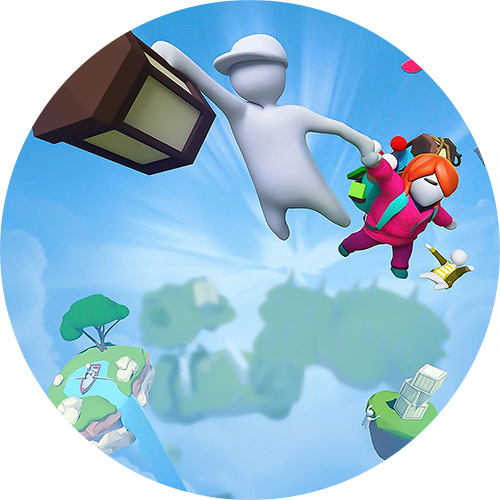
Human: Fall Flat is a distinguished example of a successful puzzle-platform game. Developed by Tomas Sakalauskas, the founder of the Lithuanian studio No Brakes Games and published by Curve Digital, the game has made a significant mark in the gaming industry.
Built on the robust Unity game engine, Human: Fall Flat was initially released for Microsoft Windows in 2016 and subsequently received ports for various platforms, including Google Stadia, PlayStation 4, Xbox One, Nintendo Switch, iOS, Android, and more over the ensuing years.
The gameplay is centered around a physics puzzle where players control a customizable human named Bob. Bob, described as a purely human character with no superhuman abilities, can interact with objects, climb ledges, and solve puzzles in an open-ended environment. Each level in the game offers a unique theme and multiple solutions to its puzzles. Players can also customize Bob's appearance, adding a personal touch to the gameplay.
Craft a Self-Selling Puzzle Game with Game-Ace
Although the world of game development can be intricate, with Game-Ace, you are in expert hands. As a professional custom game development company, we are dedicated to bringing your unique puzzle game vision to life, irrespective of its genre or intricacies. Our experienced team is adept at crafting games that captivate and resonate, ensuring your game stands out in a bustling market.
Envisioning a puzzle game that's both enthralling and market-ready? Reach out and contact us at Game-Ace. Together, we'll create a game that's not just playable but unforgettable.
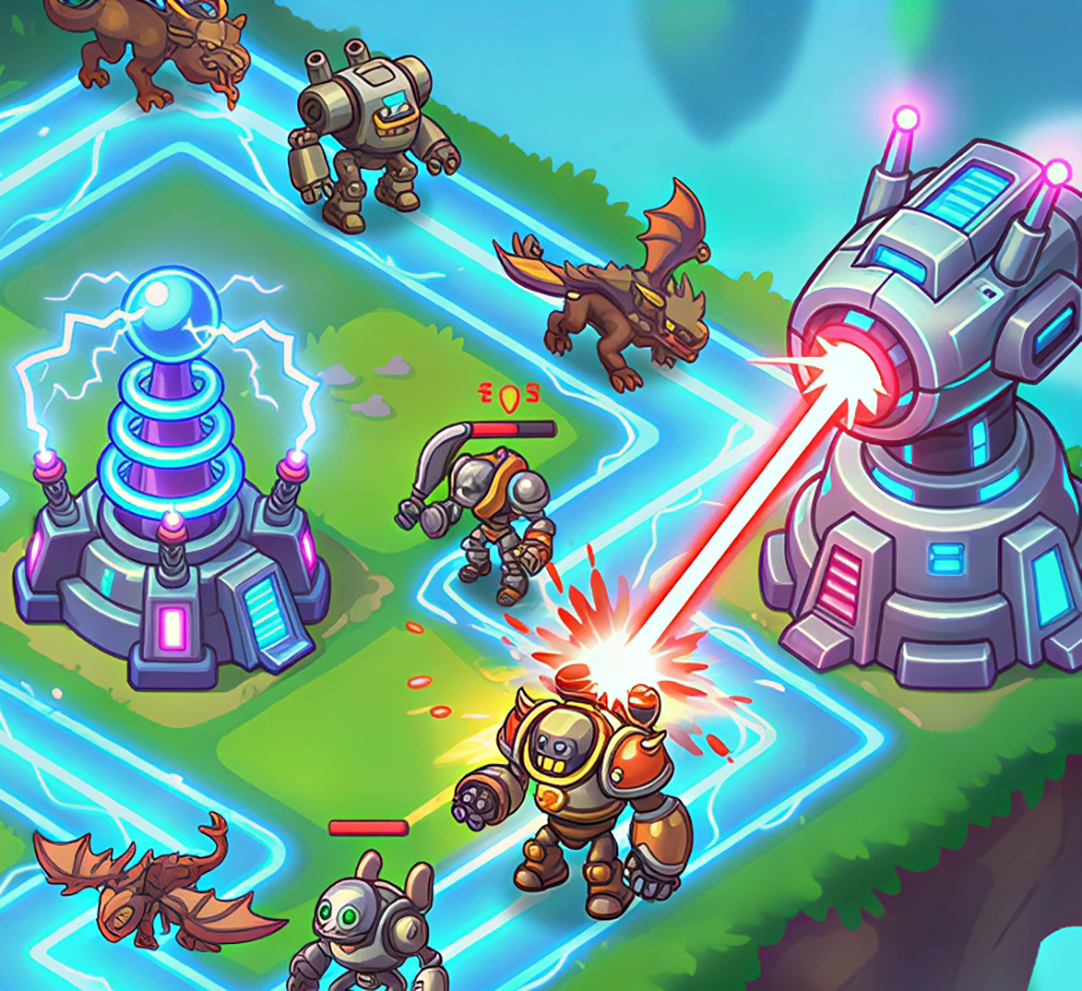 Engineering the Next Generation of Tower Defense Games
Engineering the Next Generation of Tower Defense Games 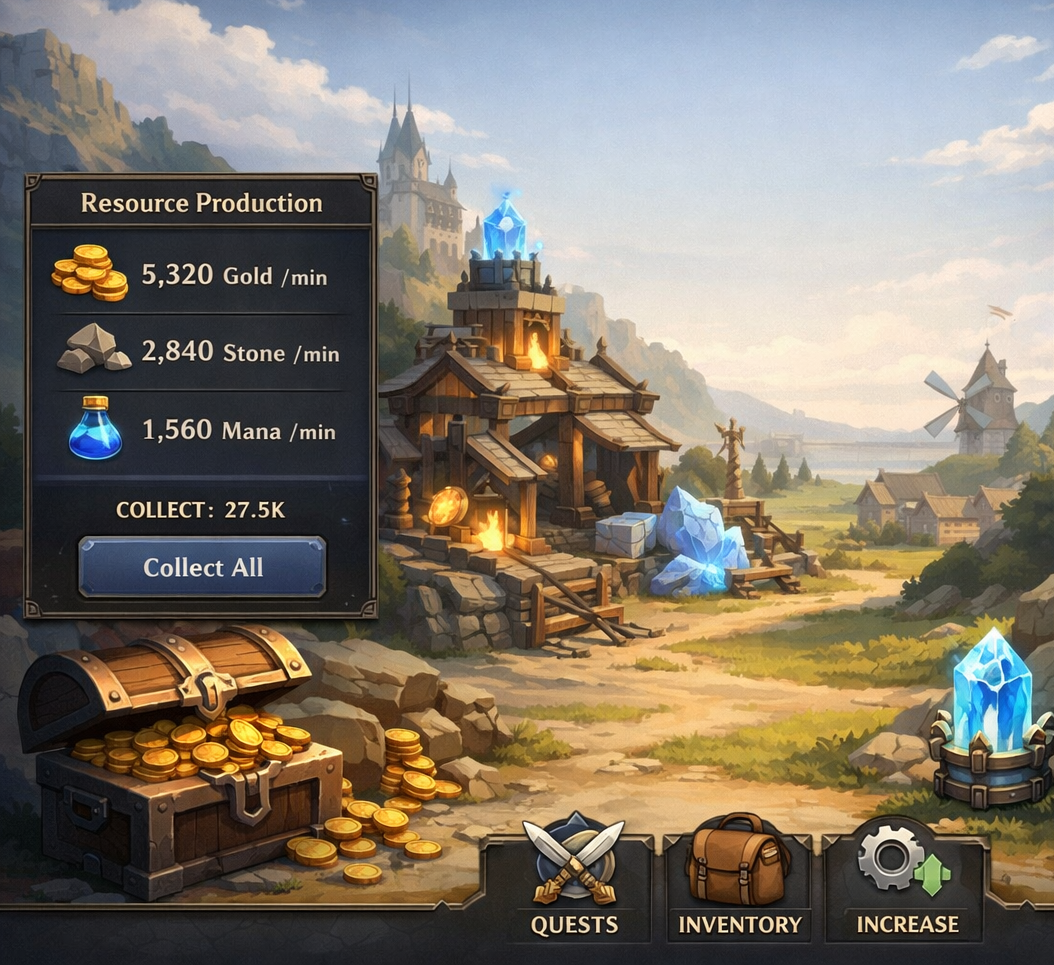 How to Turn Idle Game Development into a Scalable, Long-Term Revenue Product
How to Turn Idle Game Development into a Scalable, Long-Term Revenue Product 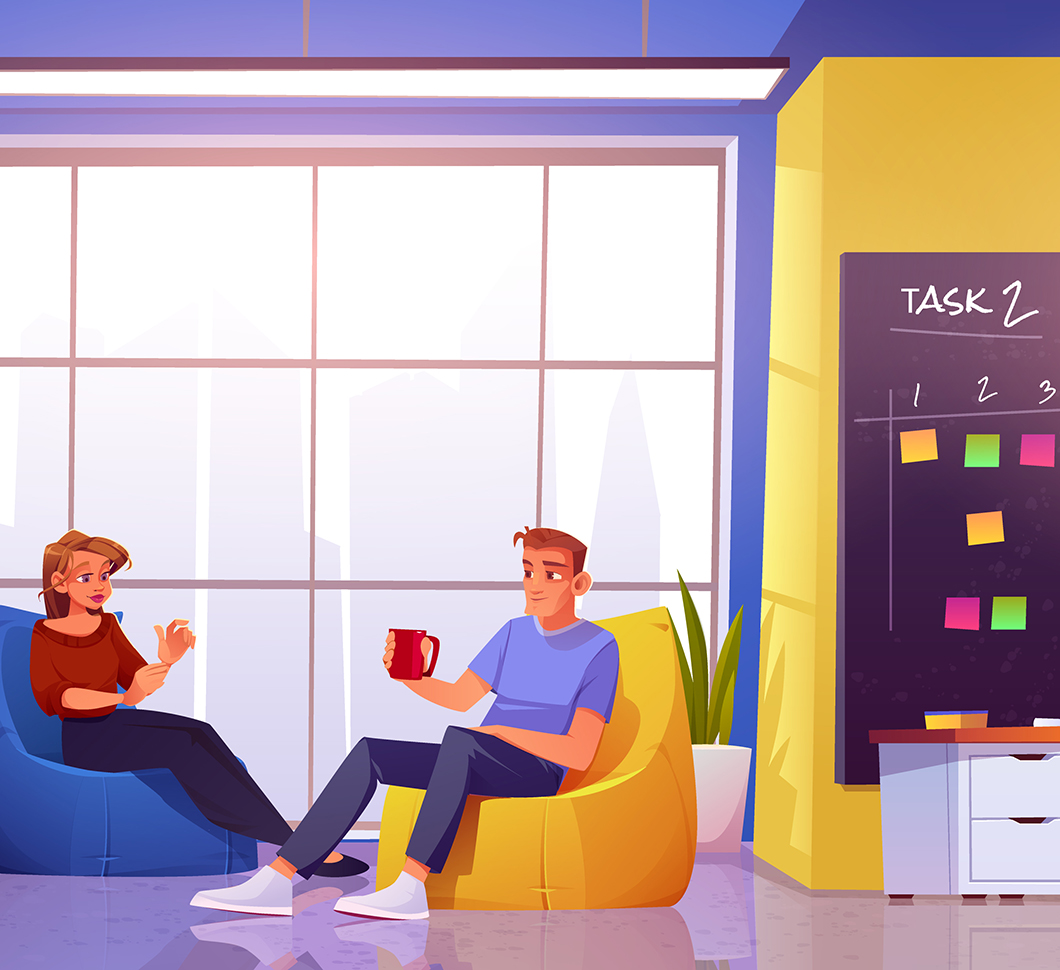 Key Trends Shaping Gamification in Recruitment for 2026 and Beyond
Key Trends Shaping Gamification in Recruitment for 2026 and Beyond  How to Create Crypto Casino Games the Right Way
How to Create Crypto Casino Games the Right Way 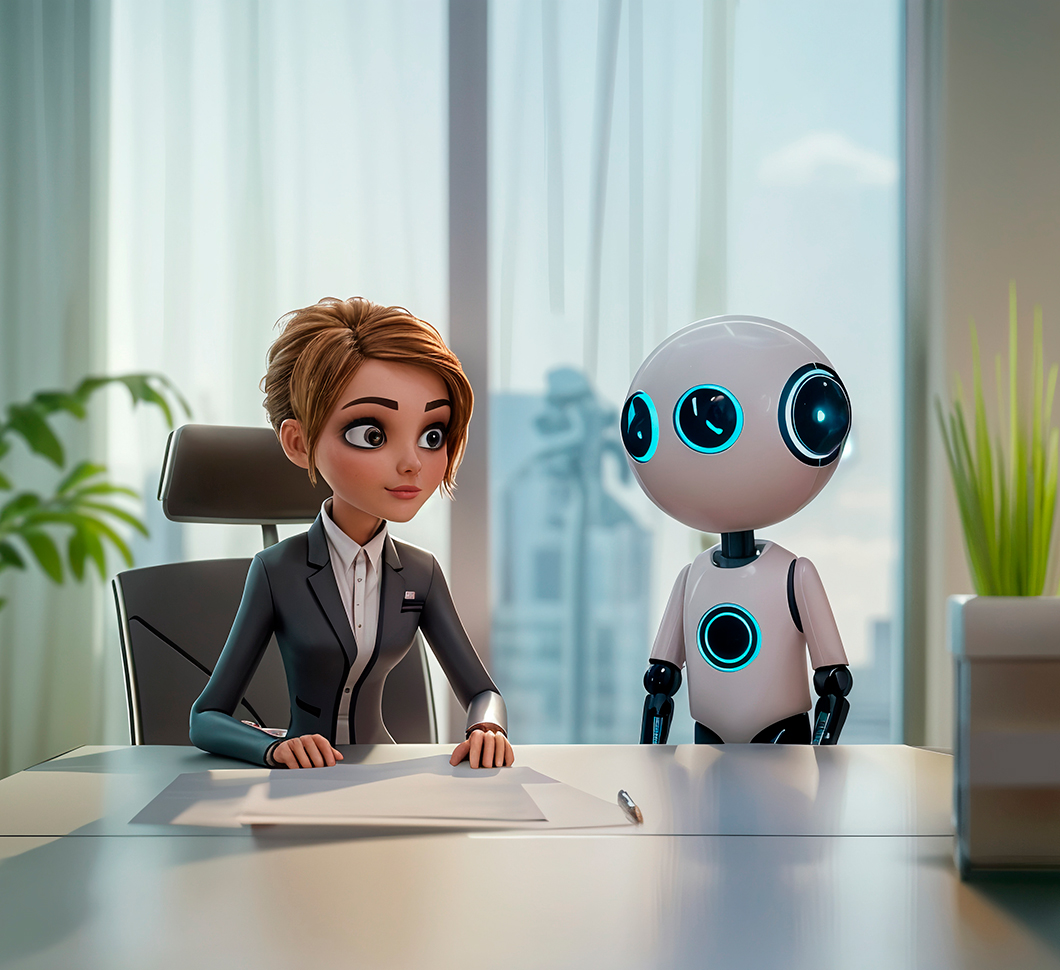 AI Recruitment Games: From Real-Time Assessments to Better Hiring Outcomes
AI Recruitment Games: From Real-Time Assessments to Better Hiring Outcomes 









